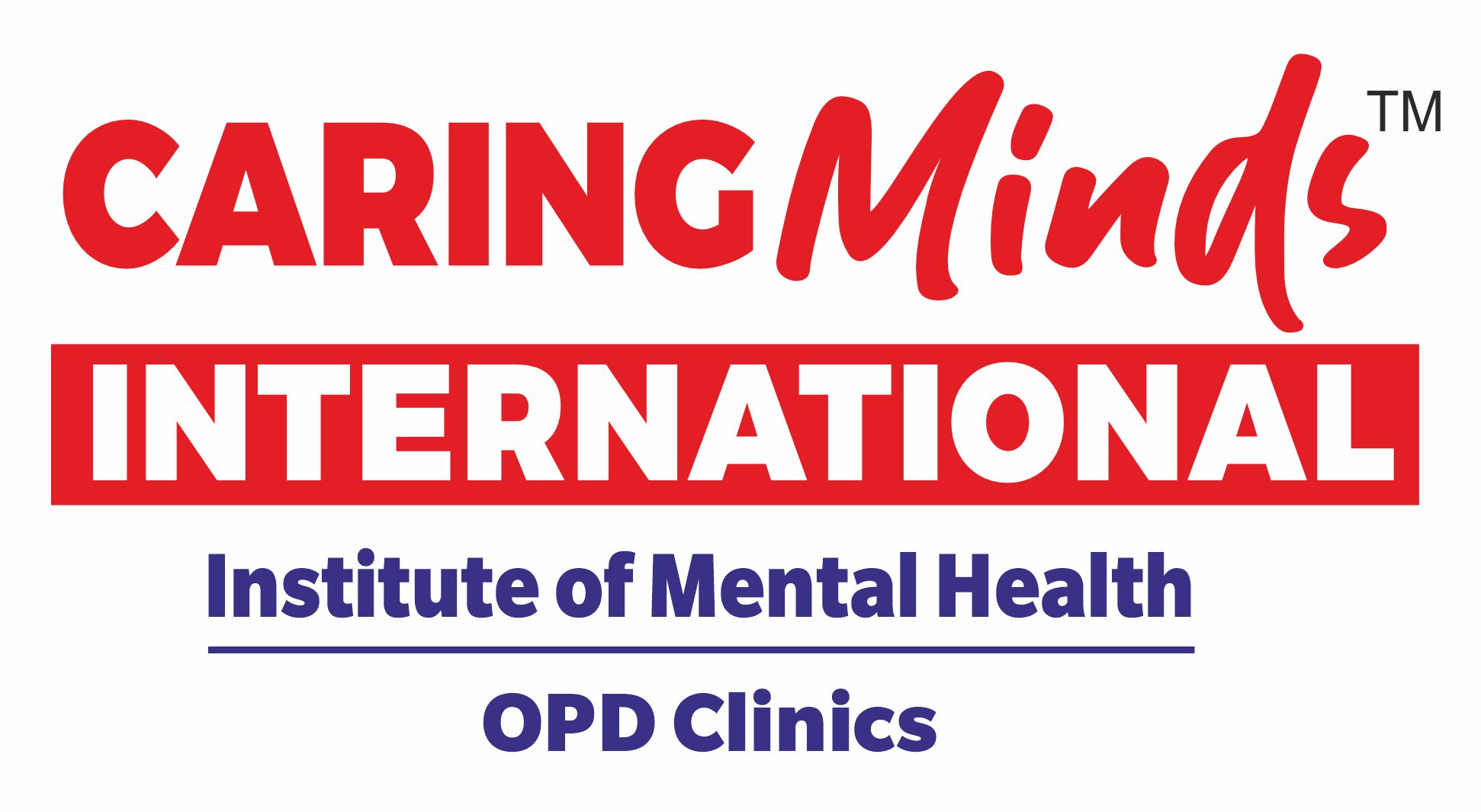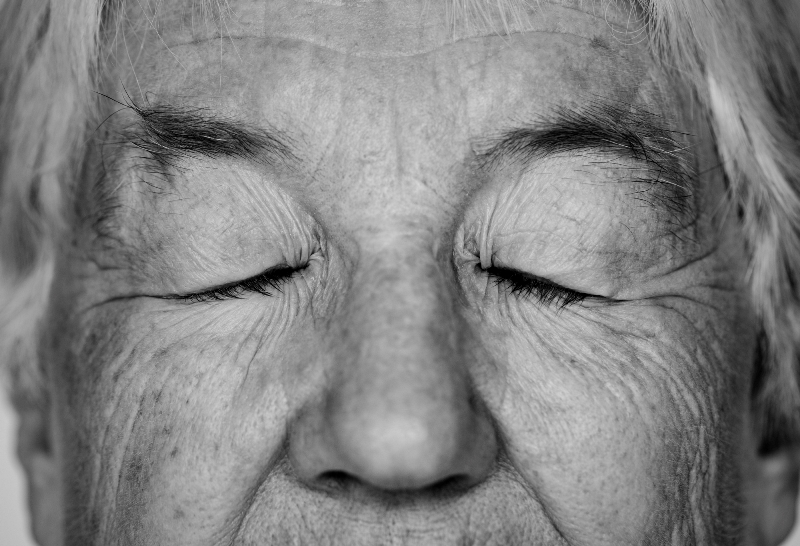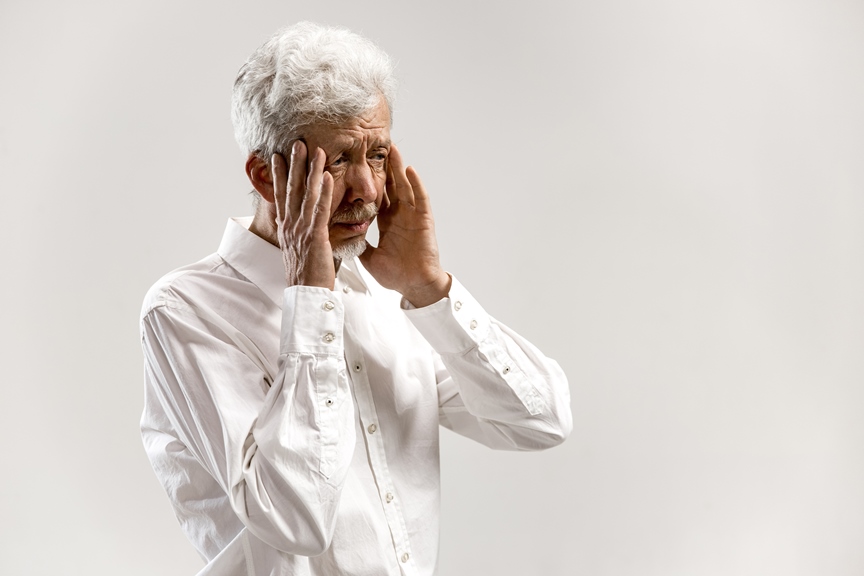Obsessive-Compulsive Disorder (OCD) a disorder characterized by recurrent intrusive or uncontrollable thoughts, causing stress (obsessions) that prompt the performance of rituals in a repetitive manner (compulsions). A person with OCD can have either obsessive thoughts and urges or compulsive, repetitive behaviours, or even both. Typical obsessions involve themes of contamination, dirt, or illness (fearing that one will contract or transmit a disease) and doubts about the performance of certain actions (e.g., a preoccupation that one has neglected to turn off a home appliance). Common compulsive behaviours include repetitive cleaning or washing, checking, ordering, repeating, and hoarding. Compulsions tend to relieve the anxiety, but only for a little while.
While such individuals realise that their seemingly uncontrollable behaviour is irrational, they are unable to stop. Their daily life is affected as simple tasks or chores take the form of insurmountable problems. Relationships with family and friends can often become strained or problematic.
Worried that you / your loved one might have OCD?
- Do you ever experience repetitive thoughts that cause you anxiety?
- Do you ever fear germs or engage in excessive cleaning?
- Are you constantly worried that something bad will happen because you forgot something important, like locking the door or turning off appliances?
- Are there things you feel you must do excessively or thoughts you must think repeatedly to feel comfortable or ease anxiety?
- Do you experience the need to constantly check on something or arrange things?
- Do you wash yourself or things around you excessively?
- Do you keep many useless things because you feel that you can’t throw them away?
- Do you struggle to control these thoughts or behaviours?
- Do you spend at least one hour a day thinking obsessive thoughts or performing these ritual behaviours?
Treatments, we provide that can help you:





